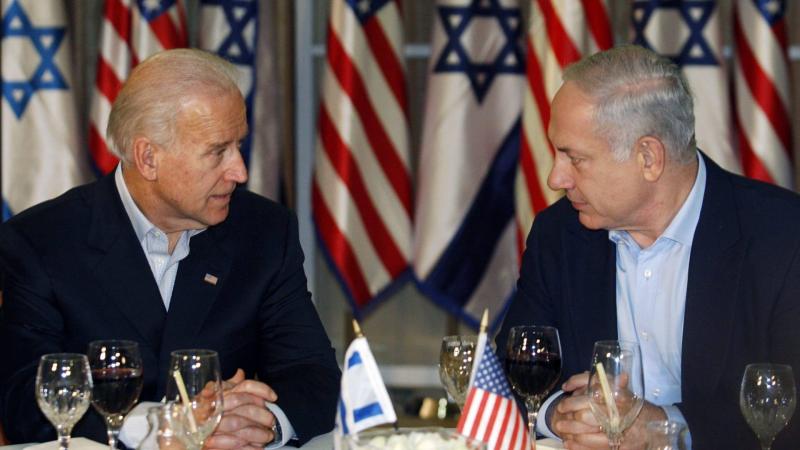Current relations and trends between Israel and the United States are moving towards a significant intertwining, emphasizing that these relations will proceed within specific frameworks and scenarios until a resolution is reached in Gaza after the resumption of ceasefire negotiations and a calming in the north, where there are cautious confrontations between Israel and "Hezbollah" forces.
It seems there is no desire for escalation despite current events, which is indeed linked to deterrence and reciprocal deterrence. The resumption of targeted assassinations of party elements will rearrange political and security calculations along the border area, reminiscent of the arrangements that took place after the June 2006 war. This indicates that matters will proceed in multiple contexts amidst indeed urgent developments.
The United States awaits Israeli Prime Minister Netanyahu’s visit on July 24 to address the Senate and Congress, where he will reaffirm the boundaries of US-Israeli partnership, areas of support, and other issues that represent fixed items within the strategic dialogue framework between the two countries. This may reinforce the constants of ongoing developments affecting the essence of relations and push for the necessity to move from current tensions towards agreeing on the minimum of political disagreements, especially regarding Rafah and Hezbollah, regional cooperation, the "F-15" and "F-35" deals, and options related to a two-state solution. This will prompt the US administration to emphasize several important matters: the maintenance of the current situation will adversely affect Israel's security, demanding a gradual response to proposals without relying solely on the option of force and its enforcement on the ground amidst potential escalation from some regional factions against Israel in the coming period, regardless of the conclusion of the Gaza war, and the full implementation of security arrangements and strategies deep within the sector while working to stabilize the northern front for a while.
It is clear that the United States does not want a new war and will not support any Israeli attempts to test Iran's and its proxies' responses in the upcoming period, which according to the US vision, necessitates working towards a calming option and no solution without heading towards escalation at this time and moving to build a new approach without imposing the current strategy of facts that the Israeli government is currently working on.
In light of ongoing developments, the US administration is working to prevent Israeli Prime Minister Netanyahu from inflaming "Democrats" against "Republicans" during his upcoming visit to Washington and his meeting with the US president. This would position Netanyahu and his government as an active party in the electoral campaign, especially given President Biden’s concerns over potential shifts, even if nominal, from "AIPAC" in managing the election process in one way or another, which could constrain US movements on the ground and reduce the areas of consensus the current US administration is seeking to achieve.
Considering the limits that govern relations between the two countries, it has become clear that the disparities between both sides have influenced the course of confrontations in Gaza and against Hezbollah, prompting the US administration recently to play a mediating role closely with France in Lebanon after US communications focused with regional brokers regarding the Gaza war. This confirms that the US mediator does not want to limit movement pathways in light of the unilateral actions occurring in Gaza by the Israeli government. According to the US perspective, Israel must respond to what the US administration is calling for at this current timing, especially since Israel does not have the capacity to wage war on multiple fronts simultaneously, and there are American fears that necessitate moving forward with at least conciliatory options until the presidential elections are conducted.
Overall, this US outlook regarding Israel involves channeling Israeli demands outside Congress, under the federal emergency provision granted to the US president and the Secretary of State. This has already occurred as Secretary Antony Blinken previously signed a deal under this emergency clause, which may signal important policies related to both sides and strongly promotes cautious dealings and avoiding clashes in the upcoming period.
The state of relations appears to require a reordering of priorities and tasks that can be built upon, working politically and strategically within a proposed system. It can be asserted that what currently binds Washington and Tel Aviv is a shared interest in avoiding confrontation, and working towards temporary areas of consensus to resolve some crises where each party's stakes in confronting the other seek to achieve its primary objectives amidst ongoing choices that require working along multiple pathways, awaiting the post-presidential election phase in the United States.




